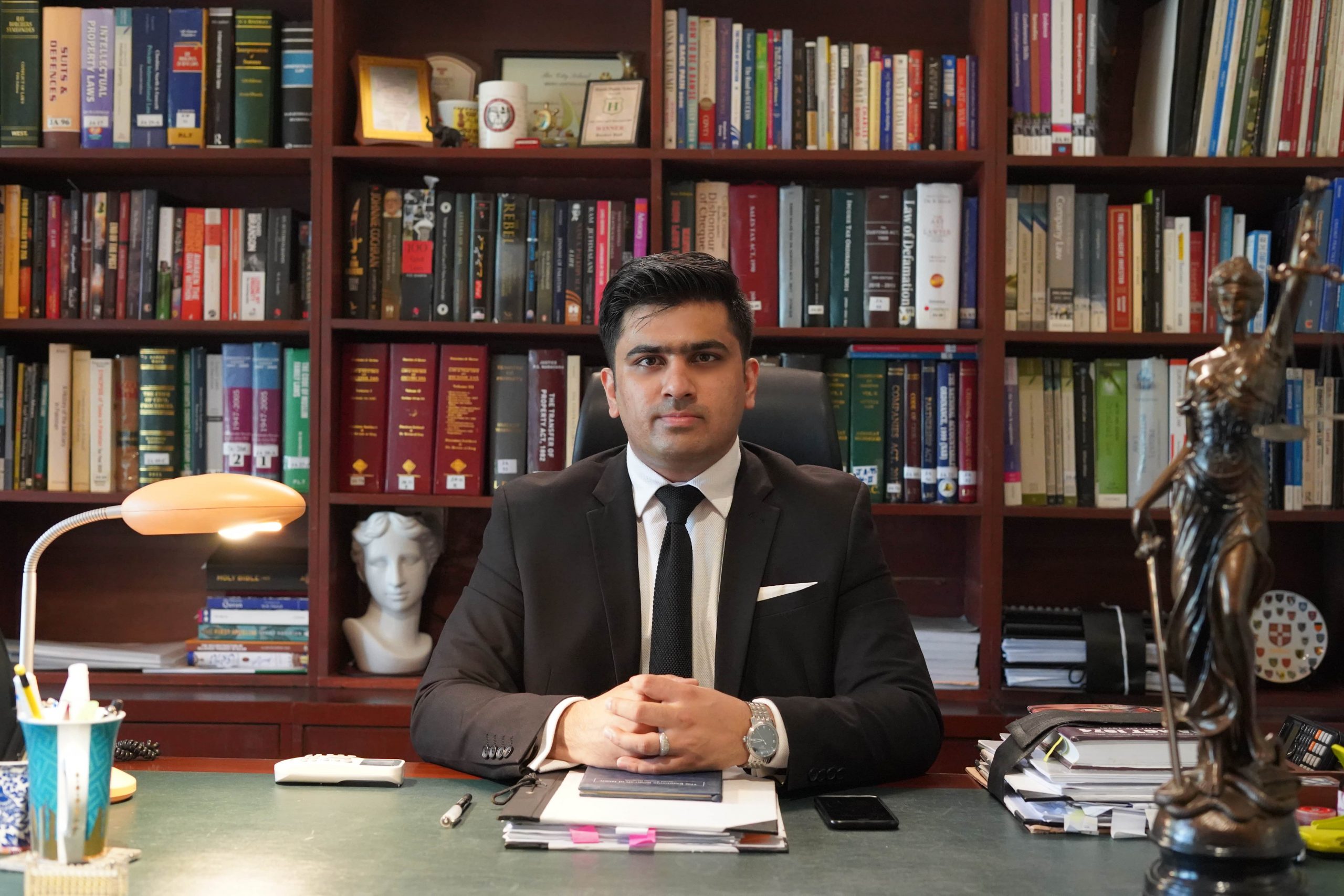In Pakistan, child custody is primarily governed by the Guardian and Wards Act of 1890. The issue of child custody typically arises after the dissolution of a marriage or separation of spouses.
Under normal circumstances, the mother is entitled to custody of the child during the period of “hasanat,” and afterward, custody may be awarded to the father. It is generally assumed that the mother will retain custody of the son until the age of seven and the daughter until puberty. However, this is not a strict rule and exceptions exist. Moreover, when a child is in the actual custody of the mother, the father is considered a natural guardian.
It is crucial to note that in determining who is entitled to child custody under the law, the “welfare of the child” is of paramount importance. The welfare of the child is assessed by considering the parents’ financial, moral, spiritual, and intellectual well-being. Even if the parents reach an agreement on custody, the court may disregard the agreement if it goes against the child’s welfare. Ultimately, the welfare of the child takes precedence over the parents’ welfare.
Courts may also consider the child’s preference and their attachment to either parent or siblings when determining custody. For instance, in the case of Sajida Rehmant Ullah v Guardian Judge (PLD 2022 Lahore 183), the child’s welfare was assessed based on material welfare, which includes adequate resources for a comfortable home, a good quality of life, and maintaining the child’s health and personal well-being. This indicates the importance of stability, security, love, care, guidance, and warm relationships that contribute to the child’s personal growth and talents. However, the Supreme Court of Pakistan has held in cases such as 2004 SCMR 821 and 2020 PLD 508 that neither the mother’s physical condition nor her income is determinative factors when deciding her right to custody, as the financial responsibility for the child lies with the father. Conversely, if the father fails to support the child, the right to custody may be lost, as seen in the case of Amar Ilahi v Rashida Akhtar (1995 PLD 412).
Considering the aforementioned circumstances, the welfare of a minor is determined as a factual question, assessed on a case-by-case basis by evaluating the evidence on record. In contrast, the custodian (the person seeking custody of the child) must possess certain qualities. When deciding if someone is entitled to custody, the court may consider various factors, including, but not limited to:-
- Financial stability of the parents and the character of the parents (Section 17 of the Act).
- The custodian must not be fāsiq (sinner) and Khā’in (dishonest) as held in the case of Imtiaz Begum v Tariq Mehmood (1995 CLC 800).
- The criminal record of the parents.
- Religion: It is generally established that the child follows the father’s religion unless they choose to change it after reaching adulthood. Therefore, custody is usually not granted to non-Muslim or foreign mothers since the environment and customs of their country may not be considered suitable for raising the child in an Islamic way. However, there have been exceptions where custody was granted to non-Muslim foreign mothers, such as in the case of Peggy Collin v Muhammad Ishfaque Malik (2010 PLD 48) where custody was given to a French Christian mother due to the father’s convictions.
- Remarriage by the parent: This is not an absolute rule. In the case of Uzma Wahid v Guardian Judge (1989 MLD 3064), custody of a minor daughter was granted to the father, who had remarried, due to the daughter’s attachment to him. In cases where both parents have remarried, the court decides based on the circumstances.
- Maternal grandmother: In the event of the mother’s death, custody may be granted to the maternal grandmother. However, if the father is deceased and the mother is present, the paternal grandparents may not be granted custody, as seen in the case of Hifsa Naseer v ADJ Gujar Khan (2017 PLD 153).
- Adoptive child: Generally, custody of an adopted child is given to the adoptive mother in the best interest of the child. According to the case Irfana Shaheen v Abid Waheed (2002 PLD 283), the adoptive mother’s right to custody cannot be taken away by anyone except the child’s biological parents. In the case of Shaukat Khalid v Additional District Judge (1991 SCMR 19), custody was awarded to the biological parents after the child was adopted by the paternal uncle and his wife upon the uncle’s death.
In addition, it is important to note that any delay in claiming custody may be considered a denial by the Court, and the approch can be gauged from the case of Nazeer Begum and others v Abdul Sattar (1963 PLD 465), where the father was denied custody because he filed a suit after five years of separation and the wife’s remarriage. This delay was deemed unreasonable and indicated a lack of interest on the father’s part.
In conclusion, child custody law is primarily based on the principle of the “Welfare of the Child,” which is determined by considering various factors such as financial standing, education, environment, age of the minor, the minor’s preference, parents’ religion, and parents’ criminal records. To obtain permanent custody, including visitation rights, the applicant must file a case with the relevant Family Court.

